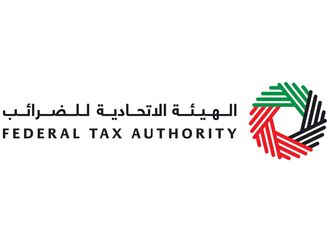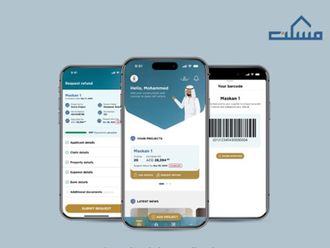
The UAE’s logistics industry had reasons to celebrate when these services were included as one of the qualifying activities eligible for the preferential 0 per cent corporate tax rate. However, the eligibility criteria for a ‘qualifying free zone person’ is important for the free zone based logistics firms to claim the preferential rate.
These services includes the storage and transportation of goods on behalf of another person without taking on the title to the goods of that other person.
It extends to cargo handling, warehousing, container storage, transport agency services, customs brokerage services, order and inventory management, freight forwarding and brokerage services, document preparation, packing and unpacking and other related services.
A qualifying free zone person must maintain economic and operational substance in a free zone, and must have adequate staff and assets while incurring adequate operating expenditure within the free zone to undertake core income-generating activities. Subject to supervision, a qualifying free zone person can outsource its activities to related or unrelated persons in a free zone.
Subject to supervision, a qualifying free zone person can outsource its activities to related or unrelated persons in a free zone.
Outsourcing
It is common for logistic firms to engage various service providers to undertake part of the services provided. To illustrate, a logistic firm could engage a mainland customs broker to complete custom procedures for clients.
As the core activities can only be outsourced to related/unrelated parties in a free zone, the critical question remains whether engaging a mainland custom broker could make them ineligible as a qualifying free zone person?
If yes, logistic firms will need to restructure their operational processes. One also needs to be examine whether the customs policy grants custom broker license only to companies registered with the Department of Economic Development. Or are free zone companies also eligible to obtain custom broker licenses.
It is common for logistic firms to warehouse the goods in the mainland until a berth in a shipping vessel is confirmed to export the goods from UAE. Would such mainland activities be a hurdle in claiming 0 per cent tax benefits?
Last-mile delivery
The UAE corporate tax public consultation document issued in August covered a scenario where a free zone logistics firm performs its services within a free zone, but provides last-mile delivery on the mainland UAE or in a foreign country. It was stated that the income attributable to such activities performed outside of the free zone may be subject to 9 per cent corporate tax if they give rise to a permanent establishment. Or are carried on through a mainland branch in the UAE or in a foreign country, as the case may be.
What if neither a permanent establishment nor a branch is created in the mainland or a foreign country? Would the 0 per cent tax rate still be available or will the logistic firms be disqualify as a qualifying free zone person?
For activities performed in the mainland, I often raise a point with the logistics firms to check if they need to necessarily open a mainland branch to provide the last-mile delivery. Or, could any of the core activities such as warehousing/custom brokerage be outsourced to mainland service providers upon payment of 9 per cent tax.
International operations
One important discussion point is on the inter-country transportation. For inter-country transportation, a UAE free zone based logistics firm would be engaging overseas entities to provide services in the foreign country. As the logistic activities are neither performed in a UAE free zone nor outsourced to a third-party in a UAE free zone, the eligibility as a qualifying free zone person needs to carefully examined.
As the logistic activities are neither performed in a UAE free zone nor outsourced to a third-party in a UAE free zone, the eligibility as a qualifying free zone person needs to carefully examined.
While a clarity is available on last-mile delivery services, could the same principle be applied on the first-mile pick up services?
The logistics industry needs to start asking the right questions to forecast the corporate tax implications on operations.









